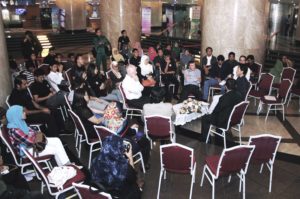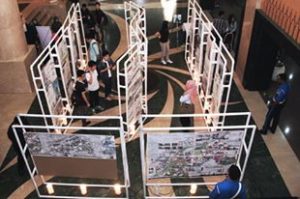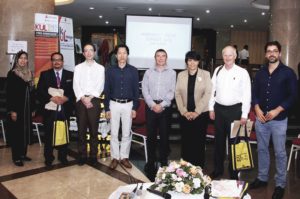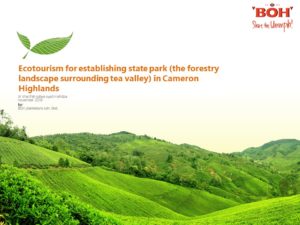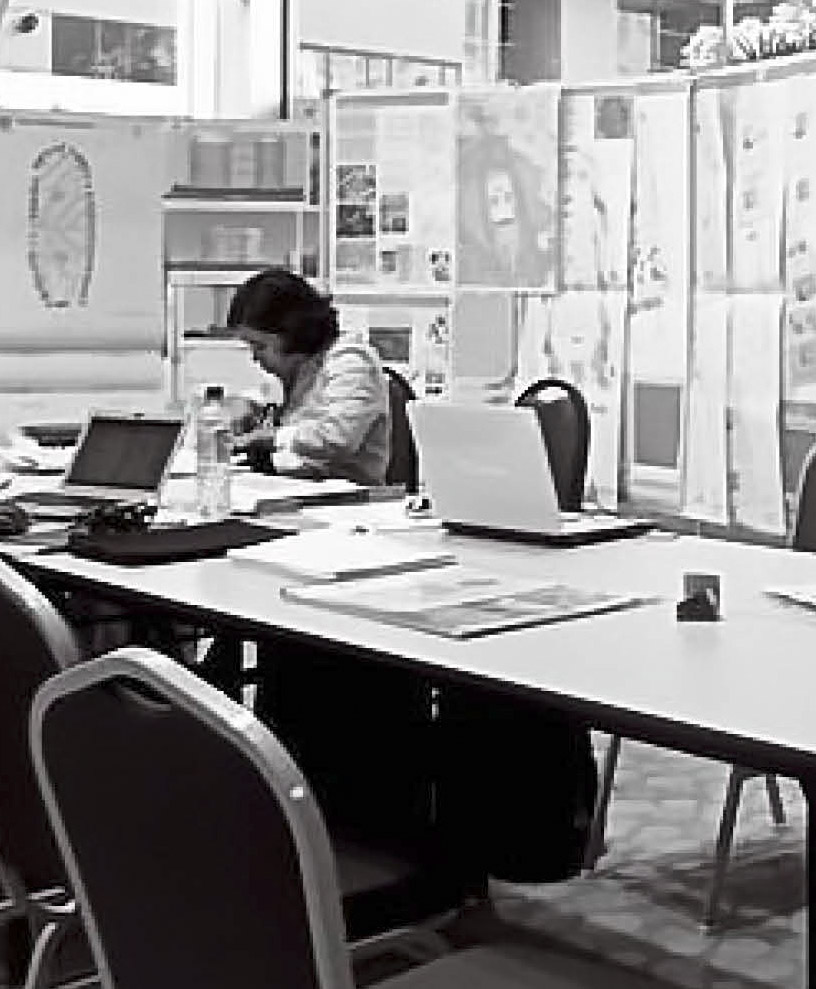Dialoque 3.0 : Goreng Pisang Session 2016, After the main forum program conducted in DBKL, the committee decided to organise a Sharing Session on organising Ampang Great Streat Forum to lower years of Architecture Students particularly in managing and securing sponsorship in sustaining such public events.There were many views in the completion of the project which took place at Kuala Lumpur City Hall (DBKL). Secondly, this sharing session improves the communication skills of participants as well as communicate with other parties. There were techniques on evolving program into a larger program and involving more parties. Next, on the outcomes of the program, the ideas exchange among participants that it could enhance the relations between junior and senior. Finally, Impromptu learning process could be achieved coherently bringing the relationship between the students, academician and lecturers more closer and intimate. As the preliminary results, this program produced new ideas that can be designed based on the academic front that this program can be continued by the next student’s generation. It encourages students involved in fixing flaws in the responsibilities entrusted better in the future. Conclusively exchanging opponents and ideas are the important elements in the components of a program. Due to this sessions, the future program which will be held can be implemented properly and weakness of program can be improved towards better and more successfully.


